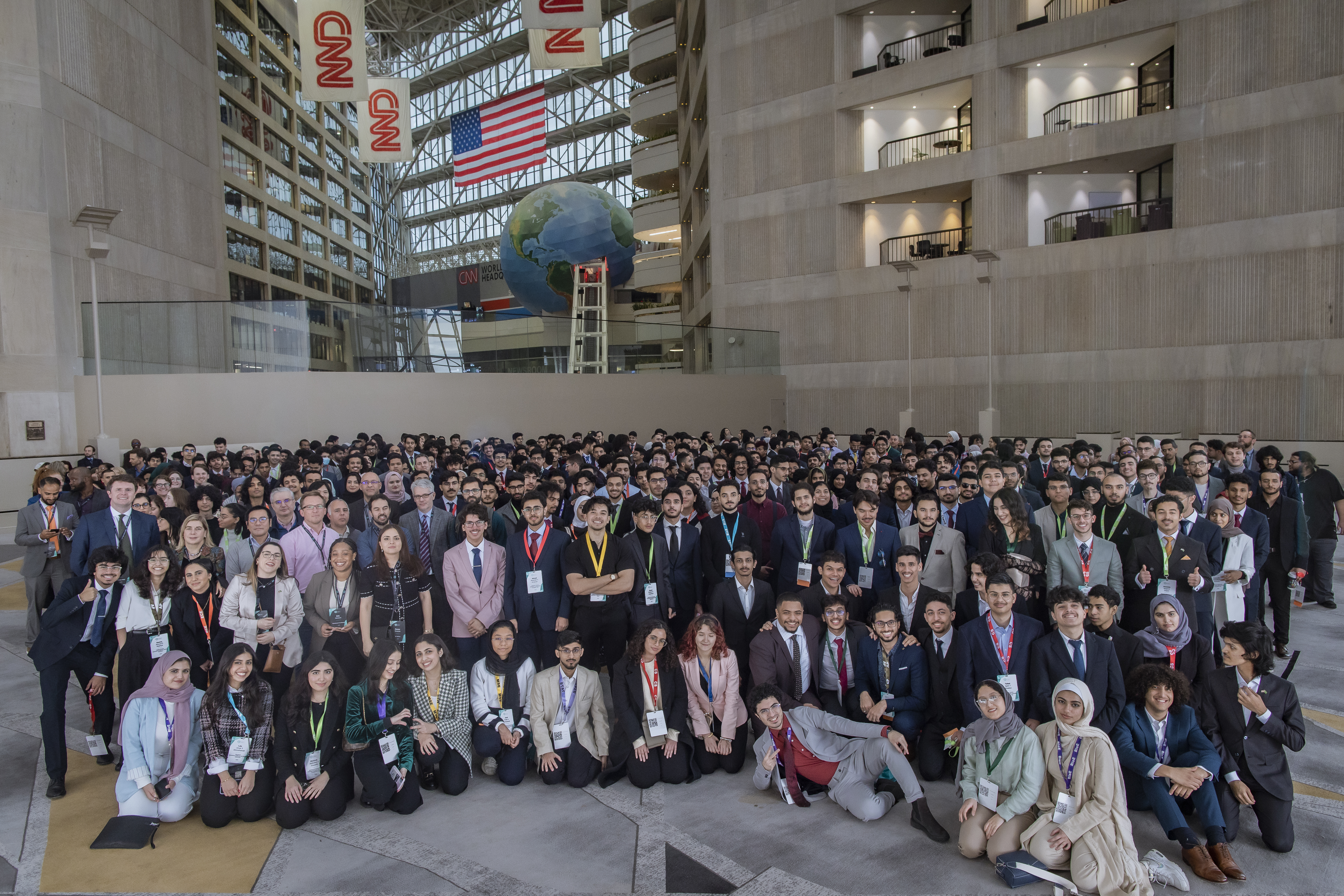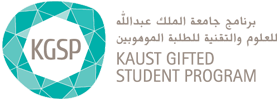2024 KAUST Summer Internship Program
8/19/2024
This summer, 23 KGSP students participated in the KAUST Summer Internship Program (KSIP) where they worked with almost two dozen KAUST faculty members on research projects across various academic divisions. This annual undergraduate research experience offers sophomore and junior students the opportunity to work directly under the supervision of world-renowned researchers and experts in leading facilities in the Biological and Environmental Science and Engineering (BESE), Computer, Electrical, and Mathematical Science and Engineering (CEMSE), and Physical Science and Engineering (PSE) divisions at KAUST.
Over the course of the program, students engaged in research projects, including virtual and in-person opportunities, alongside KAUST faculty mentors and supervisors. The program culminated with a poster presentation session where KSIP students presented their research posters during a live-streamed Pre-Departure Orientation for the KGSP’s newly admitted students.
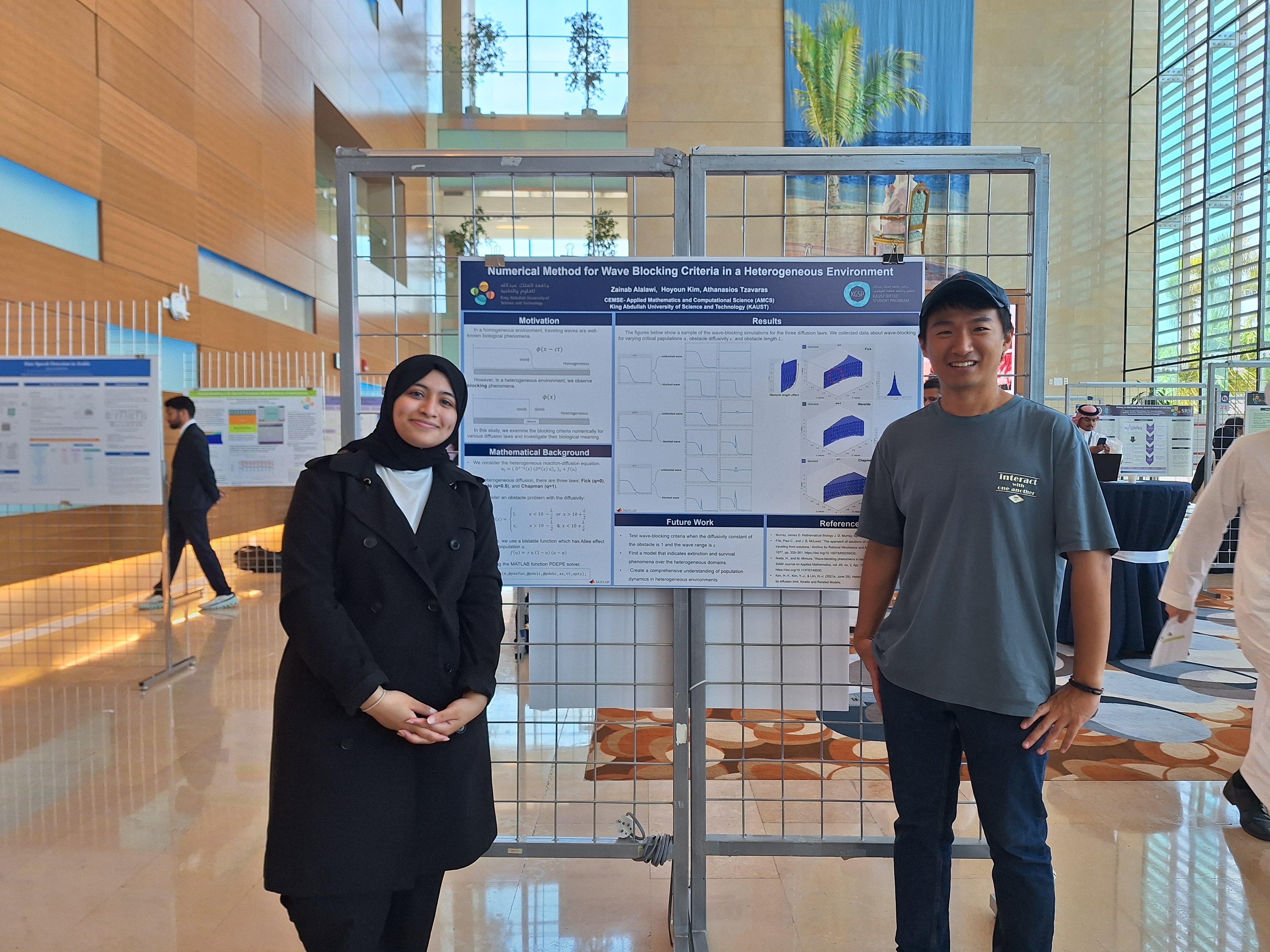
Image 1: Zainab Alalawi (left, rising junior at Boston University majoring in Biomedical Engineering) at the KSIP Poster Presentation.
“Working on the KAUST campus has been an enriching experience, especially within Professor AthanasiosTzavaras's group, which is a highly supportive and collaborative environment,” Zainab Alalawi said. A rising junior at Boston University majoring in Biomedical Engineering, Zainab’s research focused on traveling wave solutions for heterogeneous reaction-diffusion equations with the Applied PDE Group within CEMSE’s Department of Applied Mathematics and Computation Science (AMCS). “My project involved using numerical methods to model and analyze the conditions under which wave-blocking occurs in heterogeneous environments for biological systems,” Zainab said, adding that her interests in exploring computational biology and modeling as potential areas for her graduate studies fueled her decision to apply to KSIP. “I saw the KAUST [Summer Internship Program] as a perfect opportunity to delve deeper into these fields and gain hands-on experience… Professor Tzavaras and his group’s expertise and guidance have significantly enriched my understanding of numerical methods for analyzing wave-blocking phenomena in heterogeneous environments. In addition, working in a diverse team at KAUST has exposed me to the benefits of interdisciplinary collaboration.”
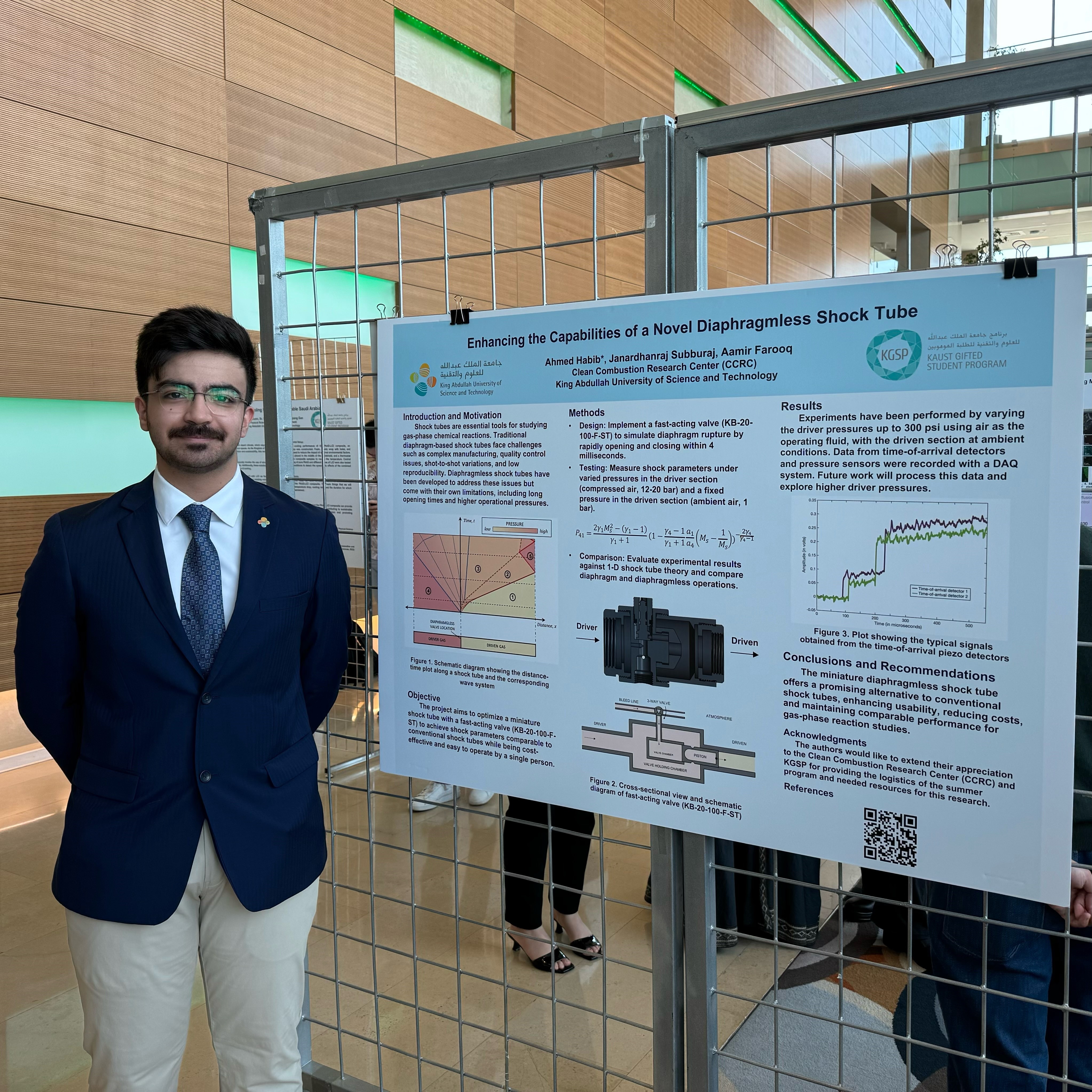
Image 2: Ahmed Habib (rising senior at Pennsylvania State University majoring in Mechanical Engineering) at the KSIP Poster Presentation.
Ahmed Habib, a rising senior at Pennsylvania State University majoring in Mechanical Engineering, conducted research under the supervision of Dr. Aamir Farooq, focusing on enhancing the capabilities of a novel diaphragmless shock tube in the Clean Combustion Research Center (CCRC). Ahmed said he was tasked with developing and automating a miniature diaphragmless shock tube that mimics the operation of a conventional diaphragm shock tube. “This summer, I gained invaluable hands-on experience in shock tube research and a deeper understanding of high-speed gas dynamics. I honed my skills in experimental design and data analysis while learning the importance of collaboration and mentorship,” Ahmed added on his overall research experience. “The campus is equipped with cutting-edge facilities and has a lively international community. Professors and mentors are incredibly supportive, always ready to share their expertise and offer helpful feedback. The environment is perfect for both personal and professional growth.”
-team.jpg?sfvrsn=6de95bb4_1)
Image 3: Clean Combustion Research Center (CCRC) Team.
Jood Ali, a rising junior at Boston University majoring in Biomedical Engineering, worked under Professor Jasmeen Merzaban on a bioscience project within the Cell Migration and Signaling Lab at KAUST. Over the course of her involvement in the project titled "Study of Fucosylation Treatment on Hematopoietic Stem Cells (HSCs) and Its Effect on Cell Cycle”, Jood said she was able to deliver a mini research proposal, create a research poster, and present her research at the summer poster symposium. Jood also emphasized the importance of making the most of every lab experience, maintaining a thorough understanding of all lab procedures and results, and remaining curious and eager to learn. “This approach has enriched my research experience and deepened my appreciation for scientific inquiry,” she added.
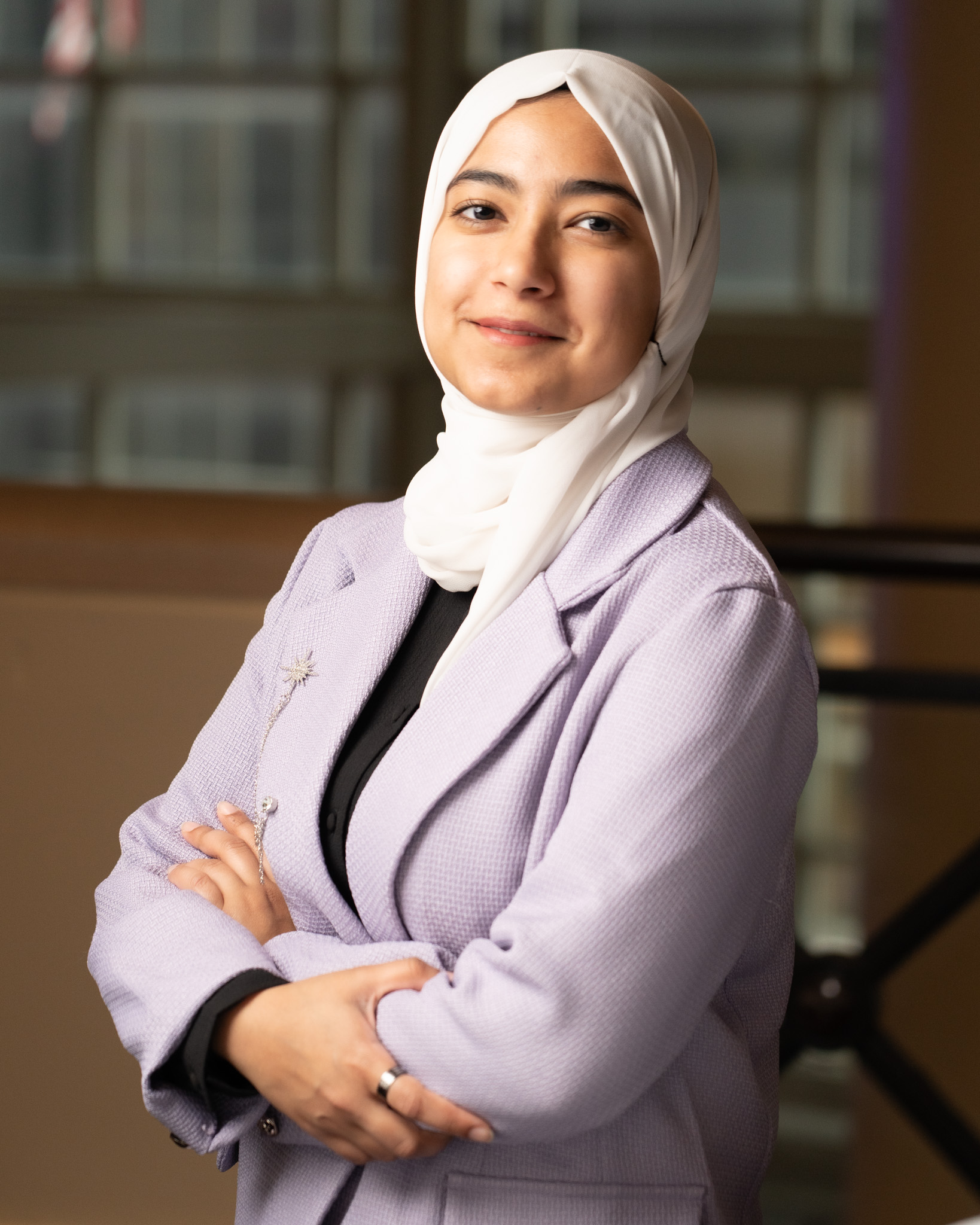
Image 4: Jood Ali (rising junior at Boston University majoring in Biomedical Engineering).
The summer research internships at KAUST provide students with hands-on experience in graduate-level research and foster intellectual curiosity, academic, and career networking opportunities as they work under the direct supervision of the world’s leading researchers and experts. The KGSP looks forward to the future achievements of all KSIP students as they apply lessons from the program to their respective academic and professional goals.
STUDENT PROFILE
KGSP students represent the Kingdom of Saudi Arabia’s future scientists, engineers, entrepreneurs, and thought-leaders. As both individuals and as a community, they reflect the KAUST mission of driving scientific discovery through excellence in education and cutting-edge research, and share a commitment to fostering innovation, economic development, and social prosperity throughout the Kingdom and the world.
ADMISSIONS REQUIREMENTS
Selection to the KGSP is extremely competitive, and currently by invitation only. Successful applicants are Saudi Arabian students in their final year of high school who demonstrate impressive academic credentials within STEM fields, meaningful extra-curricular achievements, and who share the KAUST ethos of continuous discovery. Learn more here.
KGSP ADMINISTRATION
The KGSP is administered by KAUST Academy under the leadership of Dr. Sultan Al-Barakati. KAUST Academy is mandated by KAUST to support the acceleration of Saudi Arabia's knowledge-based economy by providing world class training programs in emerging technologies aligned with Vision 2030. KAUST Academy crafts these unique learning interventions by exporting the intellectual DNA acquired by KAUST for the benefit of the entire Kingdom.
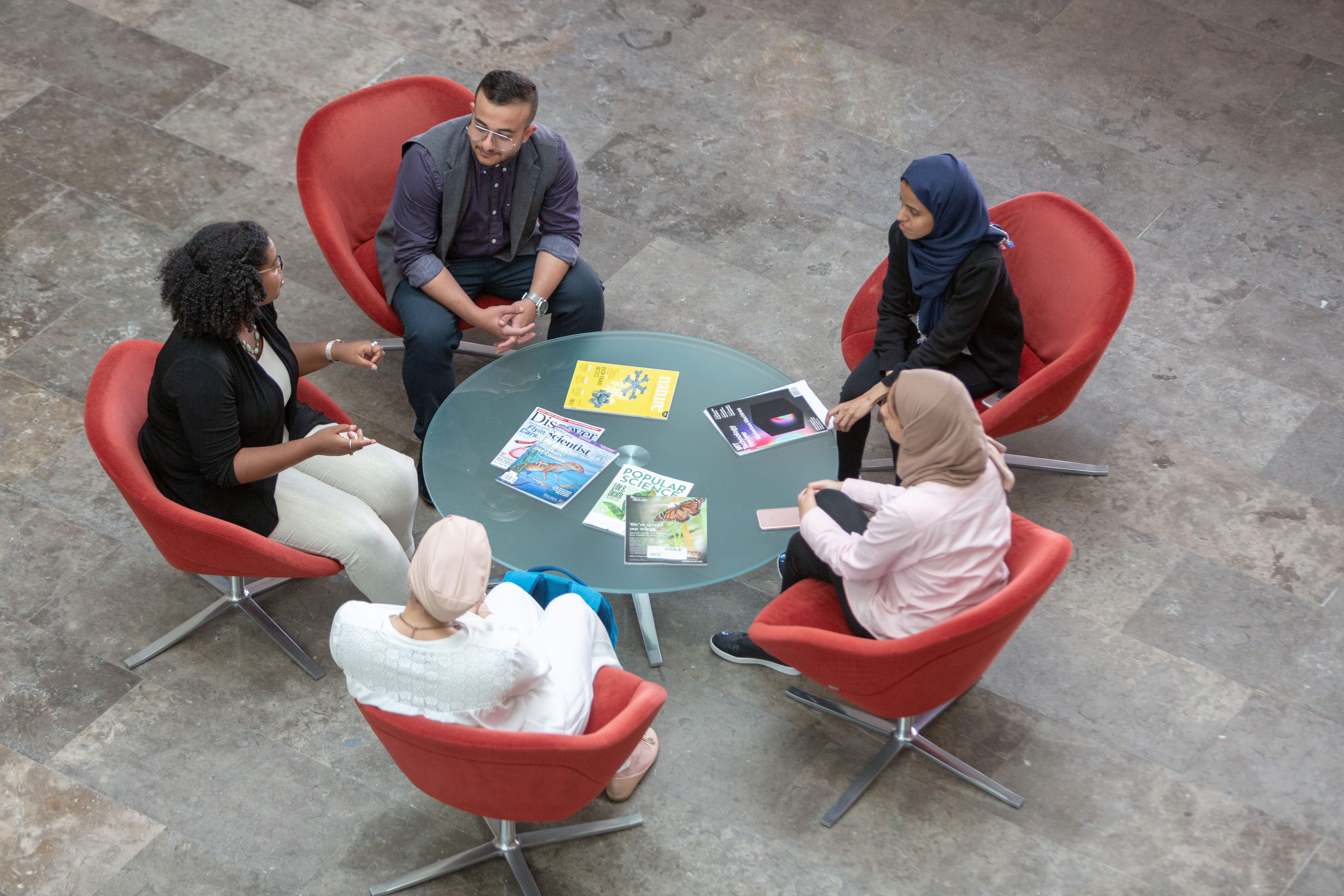
—King Abdullah bin Abdulaziz al Saud
1924 – 2015
